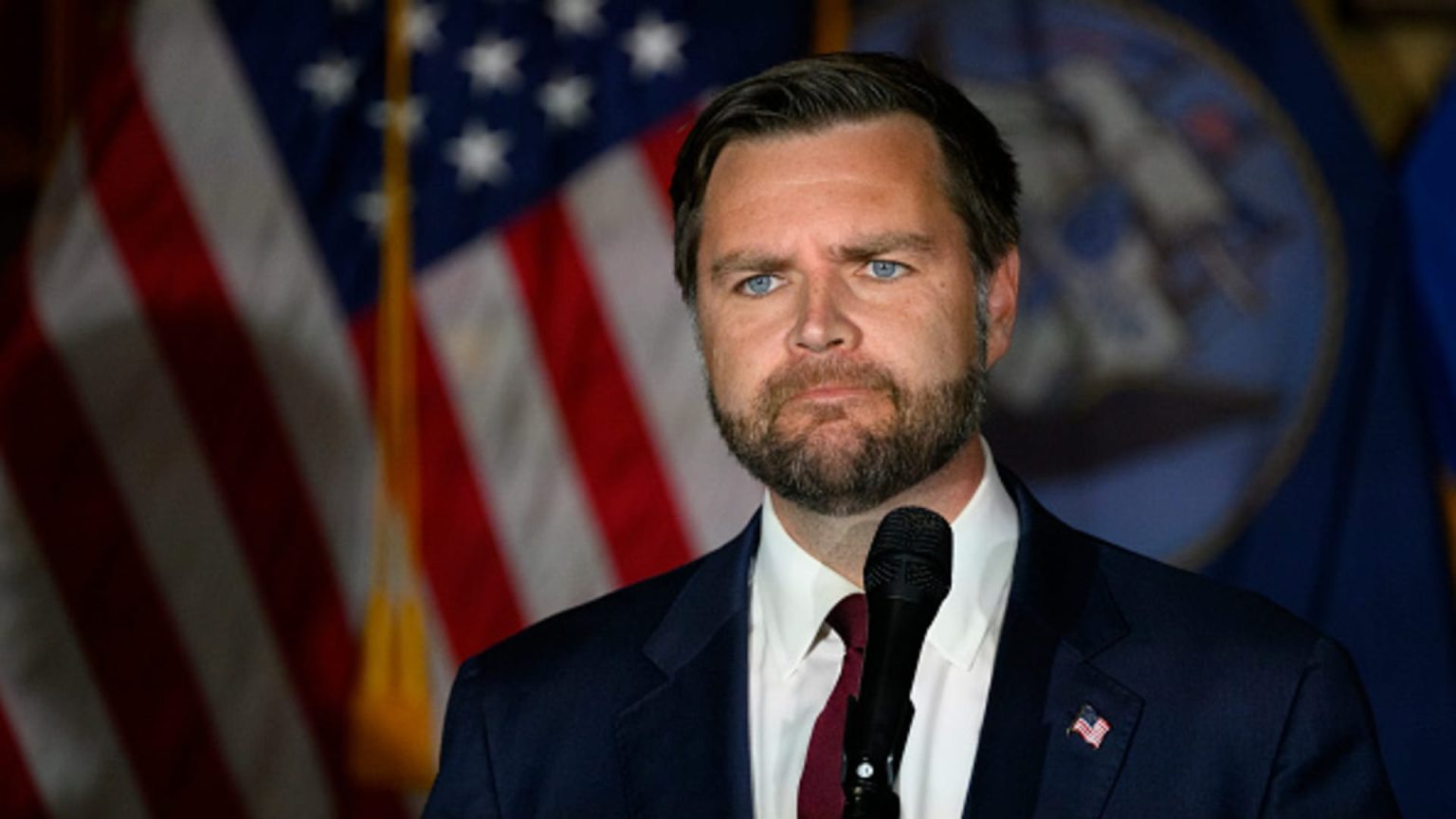Republican presidential running mate Sen. JD Vance offered few specifics when questioned about former President Donald Trump’s plan to require government or private insurers to cover the cost of in vitro fertilization treatments. Trump announced that the government or insurers would cover all costs associated with IVF, a procedure commonly used in cases of infertility but can be extremely expensive. With nearly 390,000 IVF cycles performed annually at an average cost of $20,000 per round, the plan could amount to nearly $8 billion annually. Trump’s embrace of IVF is seen as an effort to appeal to voters concerned about women’s reproductive rights amid a broader shift in the electorate following the Supreme Court’s decision to overturn Roe v. Wade, leading to more restrictions on abortion.
Trump has tried to distance himself from states that have enacted more stringent abortion restrictions following the Dobbs decision overturning Roe v. Wade. Despite courting anti-abortion voters, Trump has not supported a federal abortion ban proposed by some of his GOP allies. The Republican Party adopted a Trump-backed platform that softened its stance on abortion. The Harris campaign has warned of a potential nationwide abortion ban under Trump. IVF became a focal point in the clash over reproductive rights when an Alabama Supreme Court ruling caused fertility treatment providers to pause services due to legal exposure. In response, Trump urged Alabama to find a solution to preserve IVF access, leading to the state’s efforts to protect IVF amid controversy.
Vance faced questions about Trump’s comments on a Florida ballot measure known as Amendment 4, which would extend abortion rights in the state up to the point of fetal viability at around 24 weeks. Trump expressed support for more than six weeks of access to legalized abortions, drawing condemnation from anti-abortion advocates. Facing backlash, Trump’s campaign clarified that he had not decided on his stance regarding Amendment 4. Vance emphasized Trump’s consistent position on abortion while highlighting that Trump has yet to make a definitive decision on the ballot measure. The controversy surrounding Amendment 4 adds to the ongoing debate over reproductive rights and abortion in the political landscape.
The discussion around Trump’s IVF policy proposal reflects broader dynamics in the presidential race, with polls showing Democratic nominee Kamala Harris leading among women voters. Trump’s focus on IVF funding aims to appeal to voters concerned about reproductive rights amid shifts in abortion policy since the Roe v. Wade decision. The implications of Trump’s IVF plan, which would mandate insurers to cover the costs, raise questions about funding and access to infertility treatments. Vance’s responses to queries about how the IVF plan would function in states with potential bans on the procedure underscore the complexities of reproductive rights at a state and federal level. Overall, the debate around IVF and abortion adds to the complexity of the presidential race and the ongoing legal and political battles over reproductive rights in the United States.


